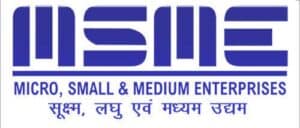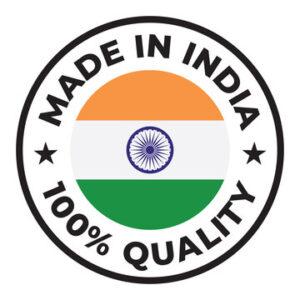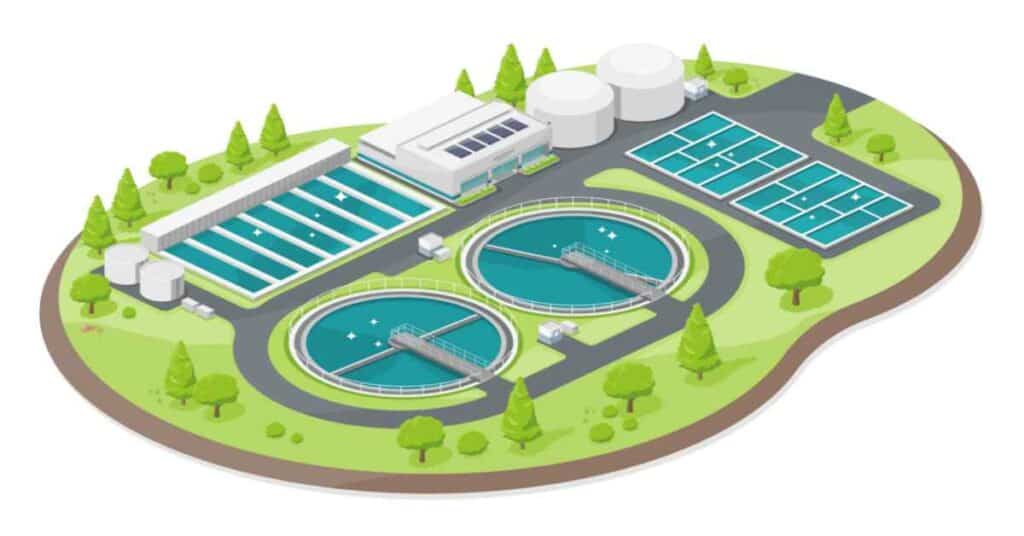





STP Parameters limits prescribed to protect public health and ecosystems. Regular testing and maintenance are essential for effective operation and regulation adherence.
Sewage treatment plants (STPs) are facilities designed to treat wastewater and sewage before it is released into the environment or reused. Their primary goal is to remove contaminants to protect public health and the environment.
Preliminary Treatment:
Primary Treatment:
Secondary Treatment:
Tertiary Treatment:
Sludge Treatment:
Overall, sewage treatment plants play a crucial role in managing wastewater and protecting both human health and the environment.
In India, sewage treatment plants (STPs) are regulated by guidelines set by the Central Pollution Control Board (CPCB) and state pollution control boards. Here are the key STP Parameters Limits for treated sewage effluent:
STP Parameters Limits
Biochemical Oxygen Demand (BOD):
Chemical Oxygen Demand (COD):
Total Suspended Solids (TSS):
Fecal Coliforms:
Ammonical Nitrogen (NH₃-N):
Total Nitrogen (TN):
Total Phosphorus (TP):
pH:
Dissolved Oxygen (DO):
Toxicity Testing:
These STP Parameters Limits are essential for ensuring that sewage treatment plants in India effectively treat wastewater and protect public health and the environment.




